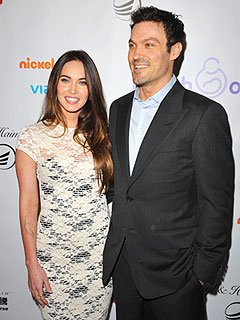NEW YORK (Reuters) - Stocks ended nearly flat on Wednesday, giving up most of the day's gains after Fed Chairman Ben Bernanke reiterated that monetary policy won't be enough to offset damage from the "fiscal cliff."
His comments followed the Federal Reserve's announcement of a new stimulus plan, which briefly pushed the S&P 500 to a seven-week high.
The plan, the latest attempt to boost the country's struggling economy, will replace a more modest program set to expire with a fresh round of Treasury purchases that will increase its balance sheet. The program is known as "quantitative easing" or QE.
In comments after the announcement, Bernanke said he hopes that markets won't have to tank to get a fiscal cliff deal.
"Initially the addition of QE was certainly favorable. I think, though, in the press conference, what came out is that there still seems to be a level of uncertainty with regard to the exit strategy (and) the efficacy of the current policy," said Bucky Hellwig, senior vice president at BB&T Wealth Management in Birmingham, Alabama.
Bernanke "reiterated the fact that monetary policy has its hands tied as far as addressing the seriousness of going over the fiscal cliff," Hellwig added.
The S&P financial sector index <.gspf>, which had been up more than 1 percent after the Fed's announcement, ended up just 0.5 percent.
Wal-Mart Stores Inc's stock
The Dow Jones industrial average <.dji> slipped 2.99 points, or 0.02 percent, to 13,245.45 at the close. The Standard & Poor's 500 Index <.spx> inched up just 0.64 of a point, or 0.04 percent, to 1,428.48. But the Nasdaq Composite Index <.ixic> shed 8.49 points, or 0.28 percent, to end at 3,013.81.
Though the S&P 500 ended up just slightly, it was the sixth day of gains for the index - its longest winning streak since August.
The central bank committed to monthly purchases of $45 billion in Treasuries on top of the $40 billion per month in mortgage-backed bonds it started buying in September. It also said it will keep its near-zero interest-rate program in place until the U.S. unemployment rate falls to 6.5 percent from its current 7.7 percent.
"The actions by the Fed were more aggressive than investors anticipated," said Michael Sheldon, chief market strategist at RDM Financial in Westport, Connecticut.
"The asset-purchasing program is probably larger and more comprehensive than some might have thought."
Negotiations over plans to avoid the fiscal cliff intensified in Washington, but U.S. House of Representatives Speaker John Boehner said on Wednesday that "serious differences" remain with President Barack Obama in their talks. If no agreement is reached, steep tax hikes and budget cuts will fall into place early next year.
Shares of Aetna , the third-largest U.S. health insurer, gained 3.2 percent to $45.91, a day after the company gave a higher forecast for profit and revenue growth in 2013.
Volume was roughly 6.58 billion shares traded on the New York Stock Exchange, the Nasdaq and the NYSE MKT, compared with the year-to-date average daily closing volume of 6.52 billion.
Decliners slightly outnumbered advancers on the NYSE by about 16 to 15, and on the Nasdaq, by about 3 to 2.
(Reporting by Caroline Valetkevitch; Additional reporting by Leah Schnurr Editing by Jan Paschal)












